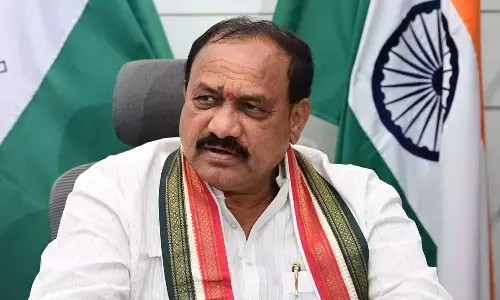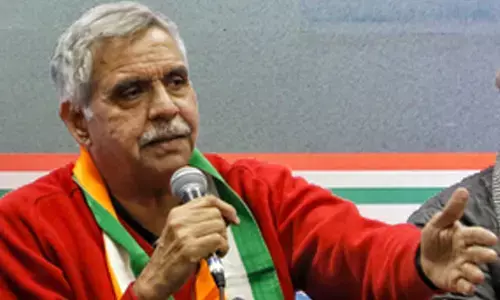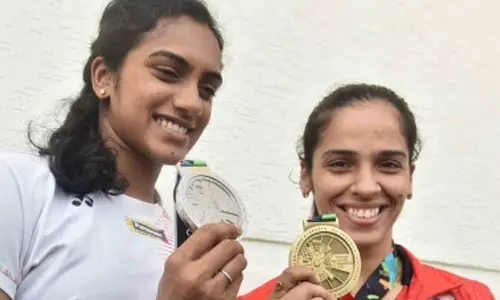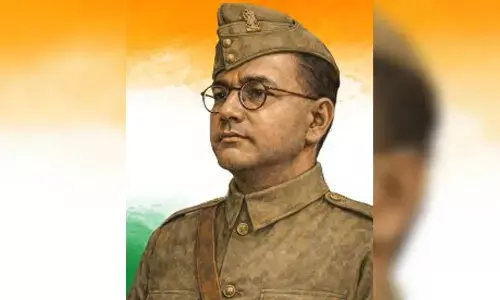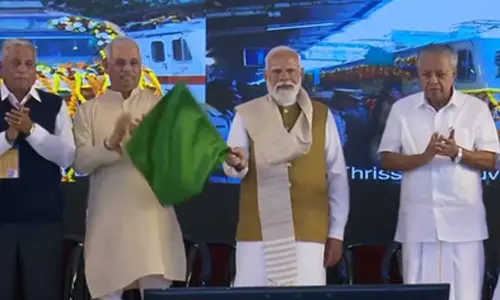Northwest: Voters rue lack of basic facilities, connectivity
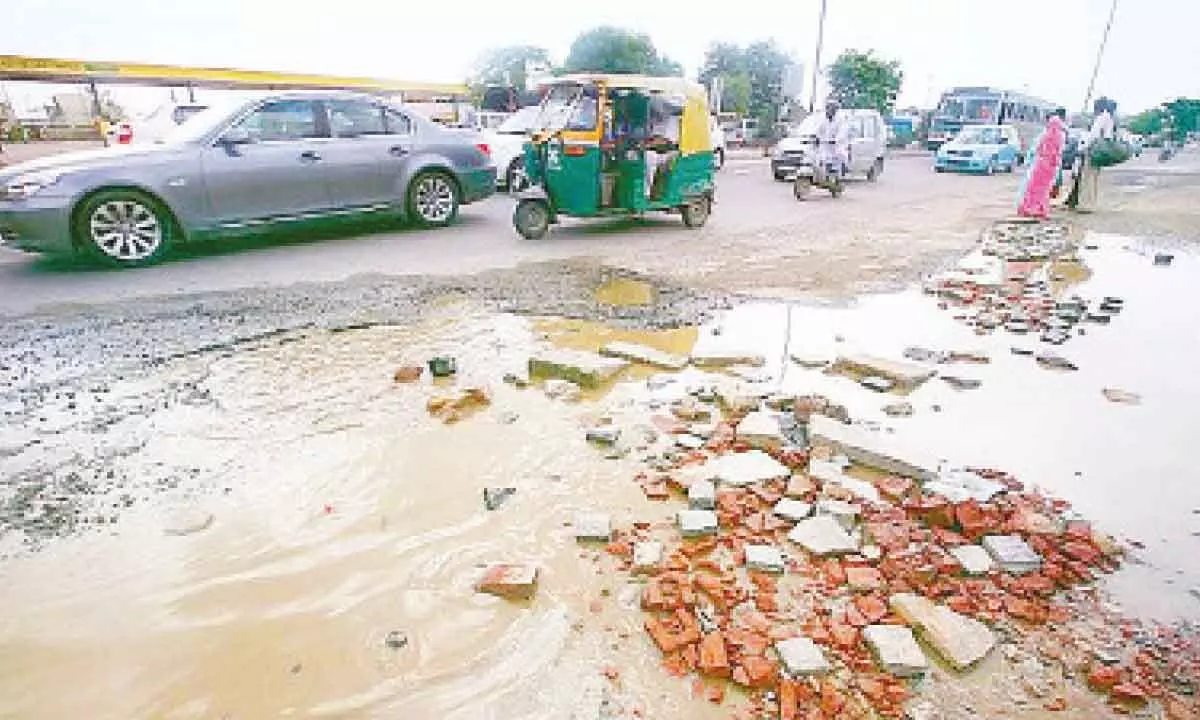
After the 2019 elections, our MP Hans Raj Hans was hardly seen here. Though his attendance in Parliament was decent, I have no idea why he did not pay any visit, when needed, to listen to our problems, says a local
Basic facilities like water, electricity and sanitation, proper roads and connectivity are some of the issues concerning voters in the northwest Delhi constituency. The constituency, which came into existence in 2008 following delimitation, is a reserved one and has the second largest number of voters at 25,67,423. It comprises Narela, Badli, Rithala, Bawana, Mundka, Kirari, Sultanpur Majra, Nangloi, Mangol Puri and Rohini assembly segments.
“After the 2019 elections, our MP Hans Raj Hans was hardly seen here. Though his attendance in Parliament was decent, I have no idea why he did not pay any visit, when needed, to listen to our problems,” alleges Manohar Singh, a resident of Rithala. The constituency has large rural belts where locals rely on dairy as well as traditional farming.
The migrant population comprises mostly rickshaw pullers and industrial workers. There are also some housing societies that have sprung up in the last few years in Rohini. Migrant labourers rue the lack of employment opportunities and basic facilities like water and electricity. Those residing in housing societies complain about incidents of street crimes.
“Roads are not wide and during peak hours, traffic is a major issue. Due to non- functioning of street lights, snatching of mobile phones and jewellery in the area is a major concern,” Pradeep Bhatnagar, a resident of Rohini, told PTI. People also say lack of sanitation facilities pose a threat to women when they step out of their homes early morning or after evening.
Kishor Nath, a resident of Badli village, says, “There are very few public toilets and most of them are in horrible conditions. There are several open fields here and many people defecate in the open. Leaders must think about resolving such issues for the common people.” Northwest Delhi is one of the most crime-prone areas in the capital.
“We keep strict vigil round the clock on bootlegging and drug peddling. We have directed senior police officers to keep an eye on suspicious activities. No one is allowed to breach law and order situation at all,” a senior police officer says. According to Nupur Jain, a resident of Rohini, “Roads are not in good shape while snatching of mobile phones and chains is common. Supply of clean water is a major issue here.
Many times, the water supplied is not fit for cooking. Without having an RO unit at home, one cannot use this water.” Northwest Delhi is also home to a large number of migrant labourers from Uttar Pradesh, Rajasthan, and Bihar as there are two industrial areas -- Narela and Bawana -- which have hundreds of factories.
Jag Jeevan, an industrialist, says Bawana and Narela have more than 16,000 small and big industries but there is no proper connectivity with the highway and trucks have to pass through small lanes of the villages. “There is not even a dispensary where we can take a factory worker in case of any emergency. The nearest hospital is in Rohini which is 15 km away and one has to face heavy traffic to reach there,” he says. Factory worker Mukund claims many criminals are active in the area and they snatch mobile phones and money, adding they use weapons like knives or country-made guns whenever someone tries to resist them.
“Several cases take place everyday. Most of the people do not report these matter to police out of fear,” says Khurshid, a migrant labourer from Uttar Pradesh. Speaking with PTI, BJP candidate Yogender Chandolia says people have seen the work of Prime Minister Narendra Modi and the party BJP will win all the seven seats in Delhi.
“My aim is to abolish toll taxes imposed in Bawana by DSIIDC, develop the industries by providing them with more facilities, establish an industrial hub, rejuvenate and restore water reservoirs in the villages, prioritise the railway gate at Kirari, address waterlogging issues in Kirari, Mundka and Begumpur, complete the sports university being built on 28 acres of land near Ghevra,” he says. Congress candidate Udit Raj points out the congestion problem in areas like Mundka, Kirari, and Narela where there are railway crossings and says overbridges in these areas and a metro line till Narela would be his priority.
“When I was an MP, I raised the issue in Parliament that the metro line should be extended till Bawana and Qutubgarh. We need to pursue this. Proper drainage system, roads, and repairing of streets in the constituency are also my priorities,” he says. “We have several industrial areas in Bawana, Badli and Mundka. Providing proper electricity and atmosphere in these area would also be my priority,” Raj adds.









